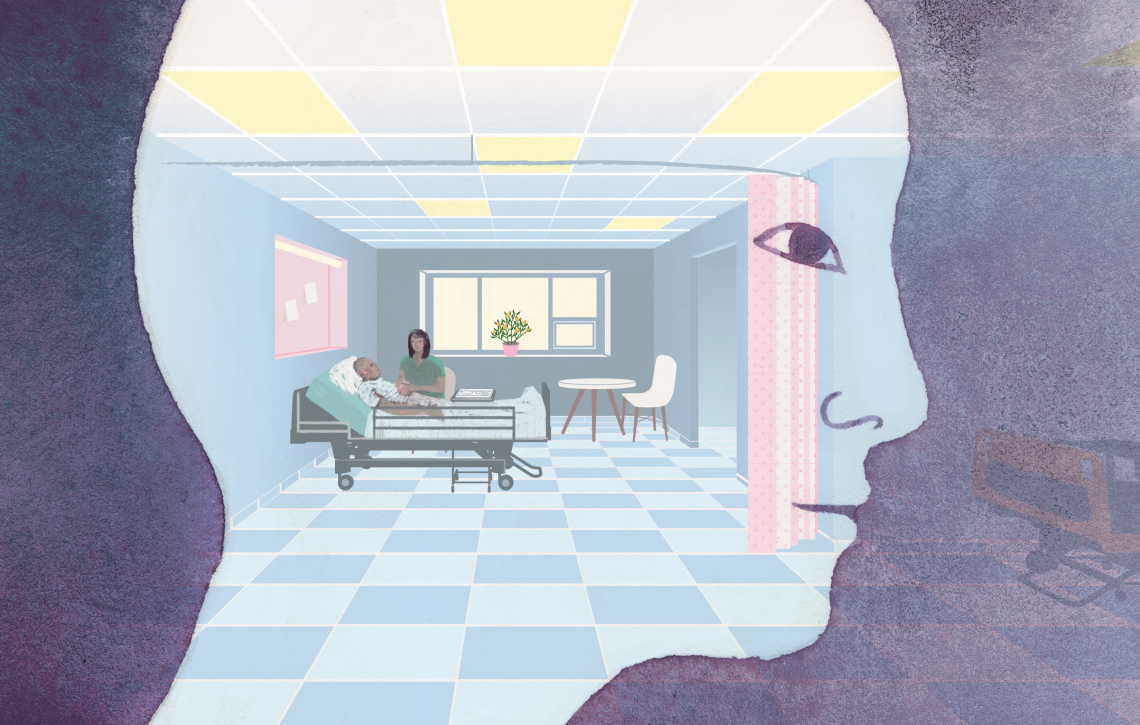Everything I know about being a nurse I have learned from my family. My mother is a primary care nurse in an outpatient oncology clinic. When my grandfather was diagnosed with renal cancer in the summer of 2015, she was there for every specialist appointment, surgery, dialysis and medication decision with a vigourous and unflinching attitude that only nurses who see it every day can muster up.
It was this courageous and assertive disposition in the face of such uncertainty and suffering that really got my attention. At that time, I was preparing to start my BScN undergraduate degree. I distinctly remember asking myself questions about my career choice. How will I care for individuals who are suffering in a way that maintains their dignity, when I myself may feel like crying? My grandfather (Papa) would help me answer these questions.
Watching the hardship this observant and sensitive man experienced at the end of his life was the hardest thing my family had ever gone through. Reflection and distance has taught me that this experience informed me more about dealing with discomfort at end-of-life than any other simulation or professional experience would.
My grandparents had just returned from a trip and my grandfather had visibly lost weight and his right hip ached. He had his left hip replaced in 2012 and had said prior to leaving that the right hip needed replacing as well. Shortly after his return, pain and unease prompted a CT scan and biopsy, which revealed a mass of renal cancer cells within lymph nodes adjacent to the right kidney.
What followed were a flurry of different interventions, treatments and transfers between home and hospital. Blood loss during surgery led to renal failure and dialysis. Low platelets put him at risk of bed-rest and dehydration-induced deep vein thrombosis.
Seeing my grandfather bed-ridden and depressed was a visceral shock every time. Unlike my mother, who was stressed but engaged, I hovered like a stranger in the periphery of the hospital room, caring enough to bring him a cookie, but reluctant to sit and feed it to him.
My grandfather saw this and knew what I did not. I was scared.
When I recounted my feelings and researched this phenomenon for a first-year nursing class, I discovered what is called promotive tension arousal, the discomfort felt by a person who helps someone suffering.
I felt my tough grandfather would be uncomfortable with me so blatantly addressing his struggles through intimate actions like feeding and repositioning. But by closing myself off, I lost out on the opportunity to develop an in-depth understanding of his current reality, rather than a protection of his past one.
I am now in my final year of nursing and I have learned to not begrudge this missed opportunity, but to learn from it. We need to treasure the moments of changing a compression stocking and sitting at a patient’s bedside when they need it most.

